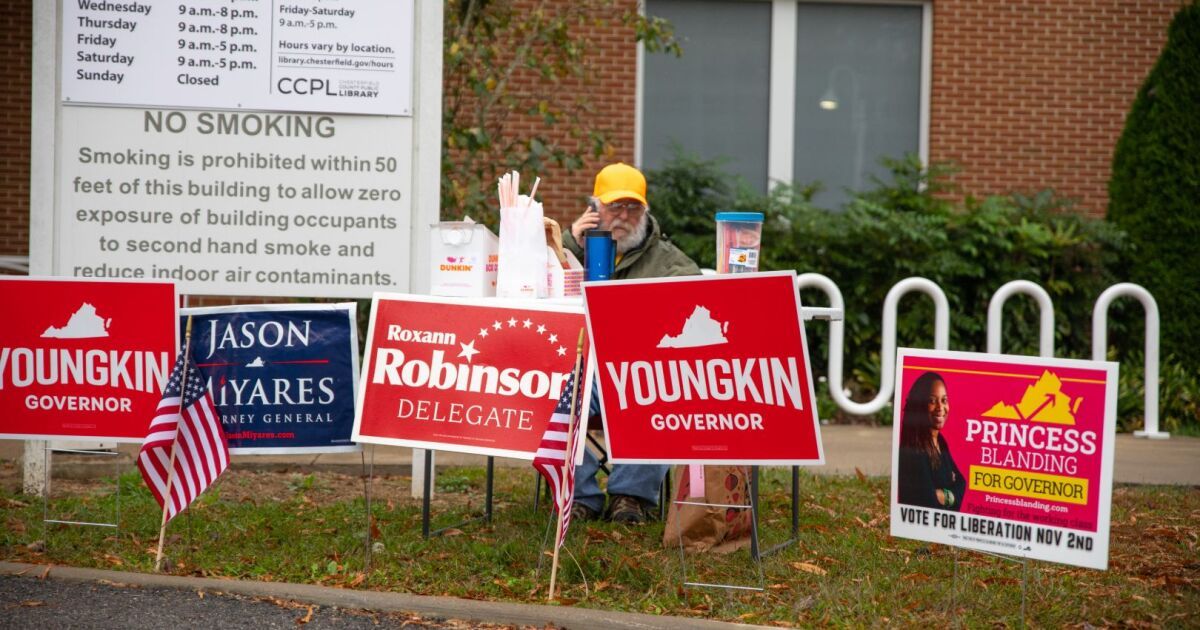Is AMFA involved in Politics?
The AMFA typically takes no position on political issues. It is the policy of the association to negotiate contracts and not to dictate politics to its members.
Under the AMFA structure, if employees feel certain political issues are in their collective best interest, then they are free to make those issues priorities in the negotiations. When the collective agrees on their policy, they are free to move forward without obstruction or union interference.
Consequently, and in the interest of protecting the democratic nature of the constitution, the AMFA will not take a stand in an attempt to overpower or influence employees for or against issues that should be decided at a grassroots level. This, in turn, keeps the representational duties focused on contract negotiations as opposed to forwarding a preset political agenda.
A simple analogy is a lawyer / client relationship. A lawyer will represent your interests, but, as an ethical matter, not tell you what those interests should be.
The AMFA typically takes no position on political issues. It is the policy of the association to negotiate contracts and not to dictate politics to its members.
Under the AMFA structure, if employees feel certain political issues are in their collective best interest, then they are free to make those issues priorities in the negotiations. When the collective agrees on their policy, they are free to move forward without obstruction or union interference.
Consequently, and in the interest of protecting the democratic nature of the constitution, the AMFA will not take a stand in an attempt to overpower or influence employees for or against issues that should be decided at a grassroots level. This, in turn, keeps the representational duties focused on contract negotiations as opposed to forwarding a preset political agenda.
A simple analogy is a lawyer / client relationship. A lawyer will represent your interests, but, as an ethical matter, not tell you what those interests should be.



